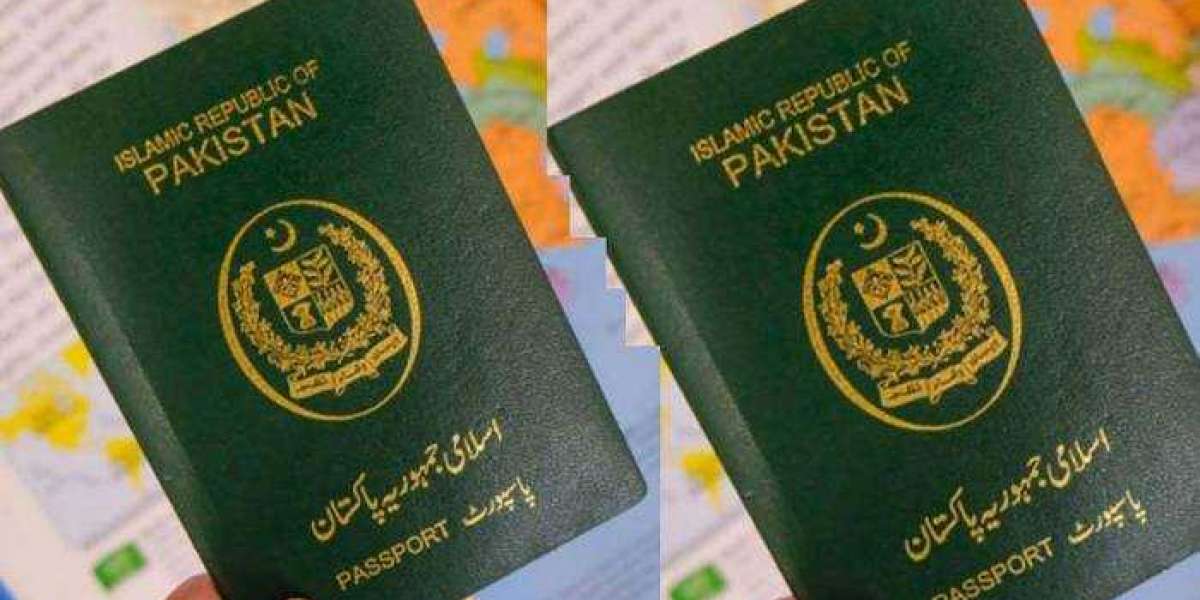The term Green passport woes refers to the unique challenges faced by individuals from countries with less powerful passports. In international travel, the strength of a passport is often measured by the number of countries its holders can visit visa-free or with minimal restrictions. Unfortunately, many green passport holders, often from developing or underrepresented nations, face significant barriers that make global mobility a daunting and frustrating experience.
The Inequity of Global Mobility
The disparity in passport power highlights a glaring inequity in the global system. Citizens of countries like Japan, Germany, and the United States enjoy unparalleled freedom of movement, often gaining access to more than 180 countries visa-free or with a visa-on-arrival option. In contrast, holders of green passports from nations such as Pakistan, Sudan, and Afghanistan face considerable limitations, with their passports granting access to fewer than 40 destinations without prior visa approval.
These restrictions stem from a variety of factors, including political instability, economic challenges, and international relations. Unfortunately, these limitations often stereotype individuals based on their nationality, subjecting them to additional scrutiny and suspicion when traveling abroad.
The Visa Application Struggle
For many green passport holders, the visa application process is a costly and emotionally draining ordeal. Applicants often need to provide extensive documentation, including proof of employment, financial stability, and detailed travel itineraries. Moreover, they are frequently required to attend interviews, pay hefty non-refundable fees, and wait for weeks—sometimes months—for decisions. Despite meeting all requirements, there is no guarantee of approval, which can result in the loss of booked flights, accommodations, and even job or education opportunities abroad.
The financial burden of visa applications is another significant concern. For individuals from low-income countries, the cost of applying for a visa can represent a substantial portion of their monthly income. This creates a systemic barrier that limits opportunities for education, work, and cultural exchange, perpetuating economic and social disparities.
Prejudice and Discrimination
Green passport woes extend beyond visa restrictions. Many travelers from these nations report feeling unwelcome or discriminated against during their journeys. Immigration officers may subject them to invasive questioning, detentions, or secondary inspections, even if they have all the necessary documentation. Such treatment can leave travelers feeling humiliated and stigmatized, reinforcing negative stereotypes.
Impact on Opportunities
The limitations of green passports have profound implications for individuals' personal and professional growth. For students, securing admission to prestigious universities abroad often hinges on their ability to obtain visas, which can be denied without clear reasons. For professionals, green passports can hinder access to international job markets and networking opportunities, further marginalizing them in the global economy.
Entrepreneurs and business professionals also face significant hurdles, as frequent travel restrictions impede their ability to attend conferences, explore markets, and foster partnerships. This disparity stifles innovation and collaboration, disproportionately affecting nations already grappling with developmental challenges.








